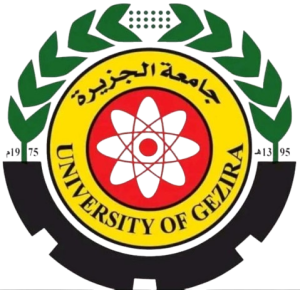عن كلية العلوم الرياضية والحاسوب
جامعة الجزيرة – التميز في التعليم والبحث العلمي وخدمة المجتمع
الإرشاد الأكاديمي
- الصفحة الرئيسية
- نبذة عن الكلية
- كلمة العميد
- إدارة الكلية
- الهيكل التنظيمي
- الأقسام
- الوحدات
- البرامج الاكاديمية
- البنى التحتية
- القوى البشرية
- الخطة الإستراتيجية
نبذة عن كلية العلوم الرياضية والحاسوب
النشأة:
أنشئت الكلية باسم مدرسة العلوم الرياضية والحاسوب ونسبة للتطور الذي حدث حولت عام 1993م إلى كلية العلوم الرياضية والحاسوب، تم قبول أول دفعة بالكلية في عام 1995م ( الدفعة 17) وتخرجت في عام 1999م. تهدف الكلية إلى تزويد المجتمع بكفاءات متخصصة في مجالات الحاسوب والرياضيات والإحصاء وإلى تعزيز الجانب التطبيقي والمهني في المناهج الدراسية من خلال مقررات تخصصية، تتولي الكلية تدريس مقرر أساسيات الحاسوب لطلاب الكليات الأخرى بجامعة الجزيرة حيث أن هذا المقرر من مطلوبات الجامعة في كل الكليات.
أهداف الكلية:
- تقديم برامج أكاديمية حديثة ومواكبة تلائم المعايير العالمية وترضي احتياجات سوق العمل.
- تزويد الطلاب بالخبرات الأكاديمية المرتكزة على تكامل العلوم.
- إعداد خريجين مؤهلين أكفاء في مجالات الحاسوب والرياضيات والإحصاء قادرين على استيفاء وتلبية متطلبات المخدمين.
- إجراء البحوث العلمية الموجهة لحل مشكلات المجتمع باستخدام تقنيات الحاسوب والرياضيات والإحصاء مع التركيز على المجالات التي تخدم وتسند التطور الاقتصادي والصناعي للبلاد.
- تقديم الخدمات إلى المجتمع بمختلف الأشكال مثل التدريب والاستشارات والعمل على تشجيع الشراكة والتعاون مع الصناعة، الحكومة، المؤسسات التعليمية المحلية والعالمية وخريجي الكلية.
